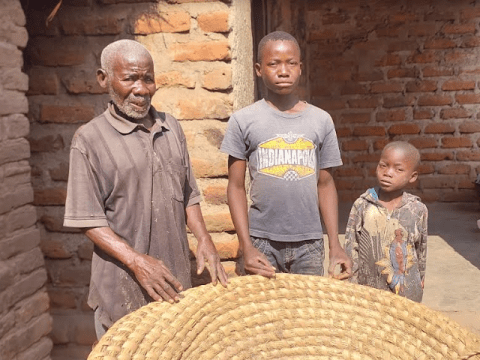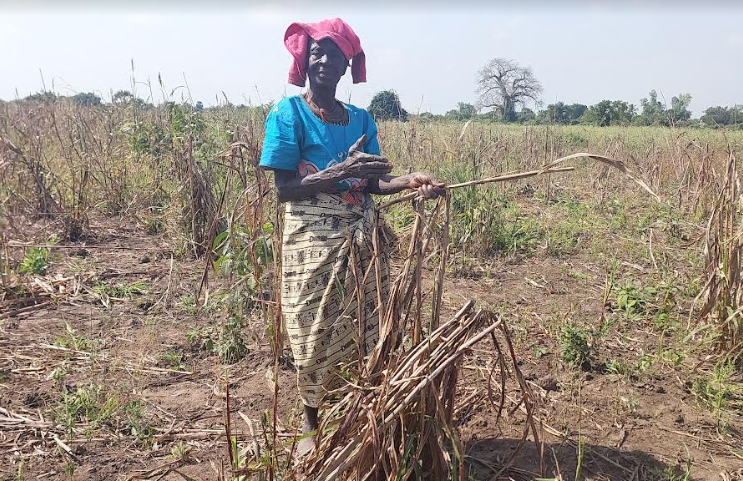El Nino impact: Families relying on wild and bitter fruits as alternative to hunger in central Mozambique

Due to El Nino the southern and central regions of Mozambique experienced a significant precipitation deficit during the rainy season October to December 2023. In January 2024, the deficit continued for more than 23 consecutive days without substantial rainfall compromising agriculture campaign season in the provinces of Manica, Sofala, Tete, and Zambezia in the central and Nampula in the northern region of the country.
The climate shocks have already caused food insecurity, and the vulnerable families without alternative income-generating activities are the most affected.
Hunger is already affecting thousand families in Tete province. World Vision Mozambique has development operations already facing food scarcity in the 12 districts out of 15 that compose the province including Muturara.
Government authorities recently encouraged the population to find alternatives to address food scarcity, Sebastiana and José Jone Chissamba, from Muturara, are among the affected, and as alternatives they are going for wild and bitter fruits.
“Before the drought, when we had good production, we had three meals a day here at home, but now we can only eat these roots, their taste is close to sweet potato, we have this once a day. The drought has destroyed everything and increased our poverty, destroying all the maize, maple, sorghum and vegetables we had in the field” said Sebastiana Chapanga.
Sebastiana is the house breadwinner, and she lives with her granddaughter and great-granddaughter (registered child). One of them has been diagnosed with mental instability. The family condition is worsened because of the El Nino impact.

“Drought has made life difficult, and I'm too old to support myself, my disabled granddaughter, and her daughter. We need help” said Sebastiana.
73-year-old Jose is also calling for help. He presented his empty barn, which in other periods around this year would be full of surpluses for family consumption after a significant content has been put on sale.
“This is my barn where we store food produced from our field, but now it's empty. There's nothing there.” Said Jose.
“Before this drought, I produced maize and mapira, which guaranteed three daily meals at home. But now we only eat once a day, mainly chica (tuberculous), which is bitter” added Jose.
World Vision Manager in Muturara district, Melode Aleixo, said the dire need can be seen around the districts dried rivers, fields and skinny animals. “We can see the impact even in the village main headquarters, the situation is critical”, said Melode.
Through its emergency response component, World Vision has conducted assessments to gauge the impact of the El Niño phenomenon. As an initial response the organisation has utilised its livelihood component to specifically address the drought situation through more sustainable and productive agricultural practices.
For WV Mozambique, the current priority sectors for the response include Food Security, Livelihood, Waster, Sanitation, and Hygiene (WASH), Protection, Education, and Health & Nutrition. WV Mozambique is currently engaging donors, the government, and partners for resource mobilization to strengthen coordination and response mechanisms, as well as developing response plans. WV Mozambique is requesting support from its partnership offices and donors to mobilize 5 million US dollars as it plans to target more than 90,000 affected people in the country as part of its initial response.